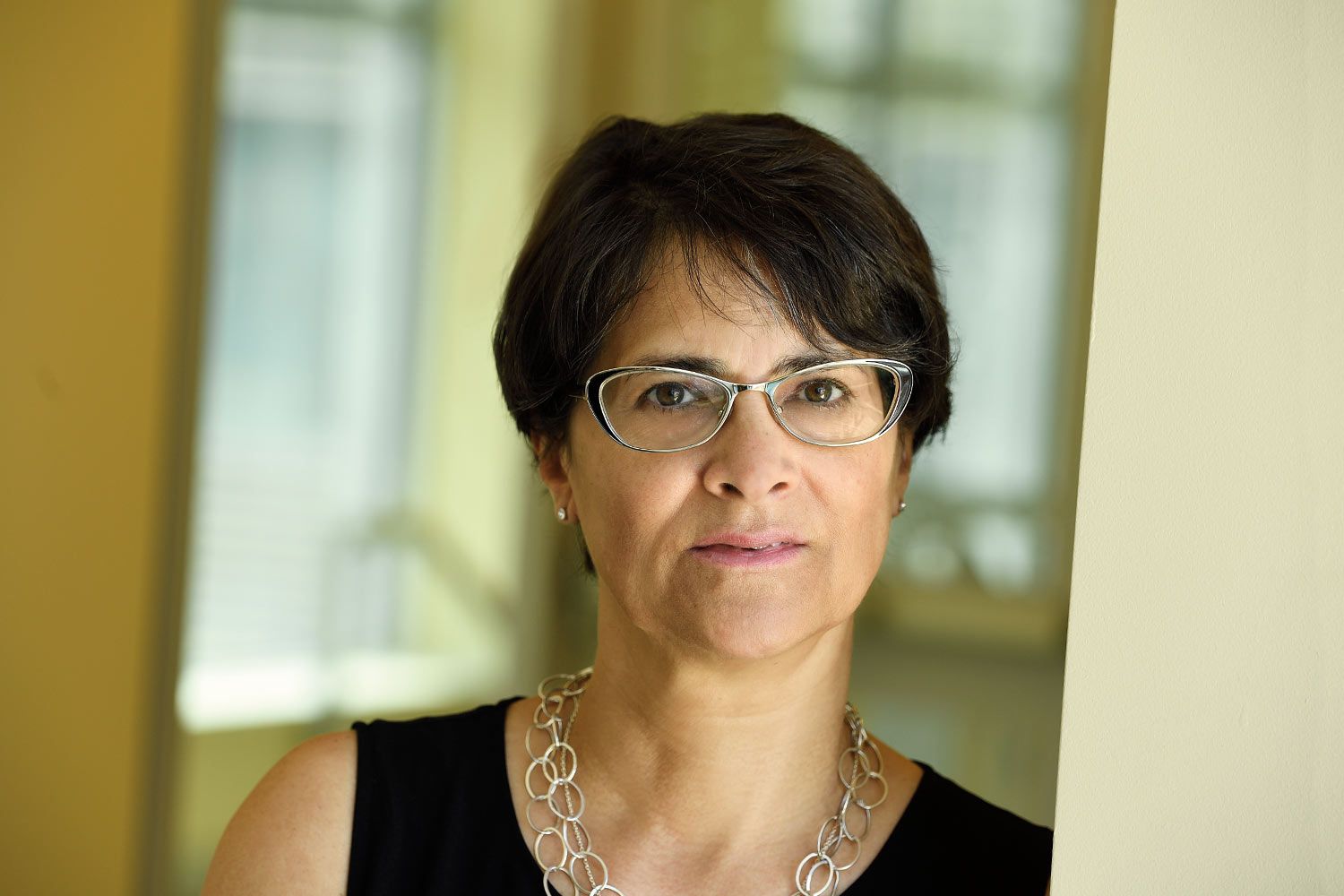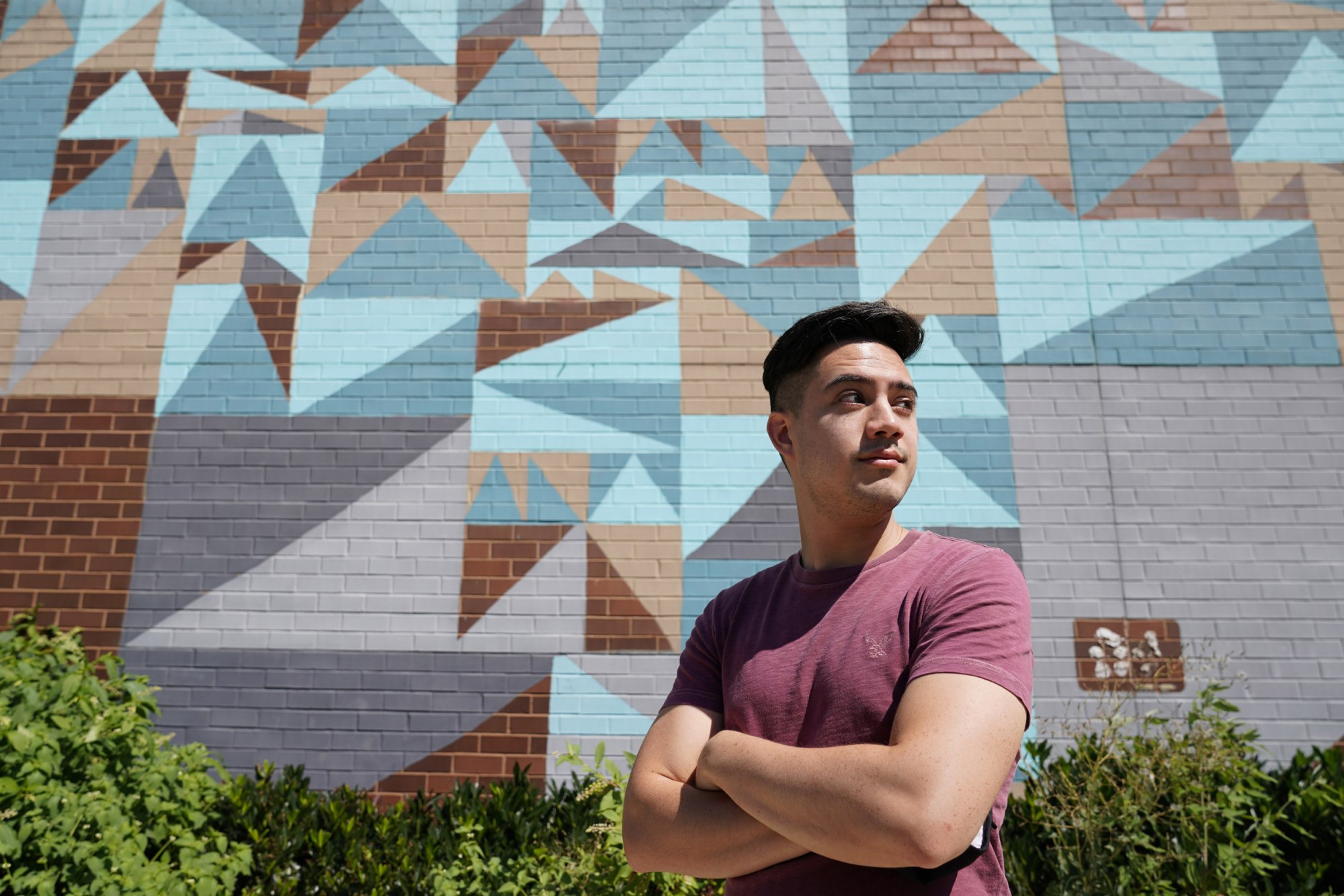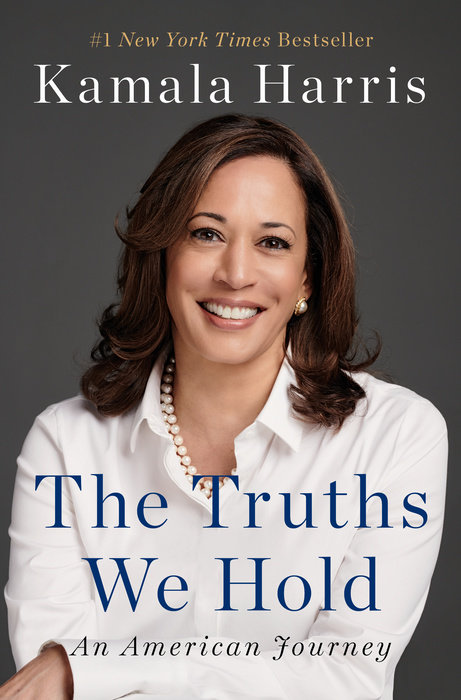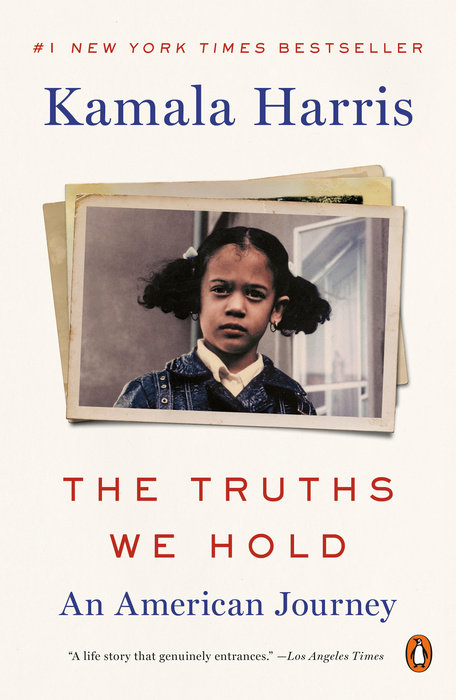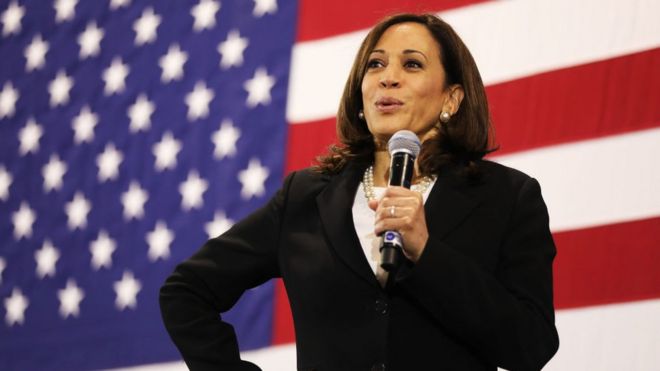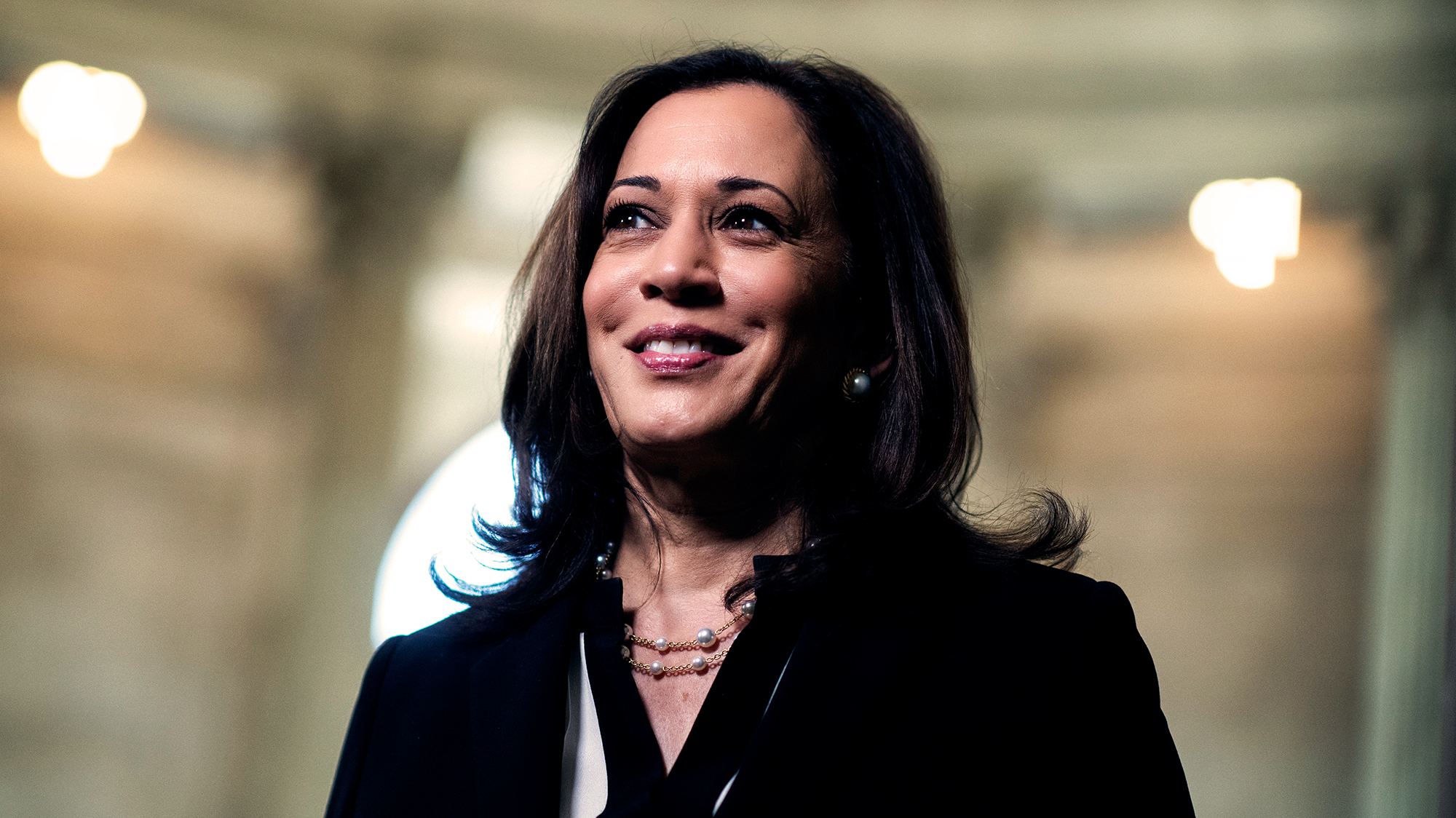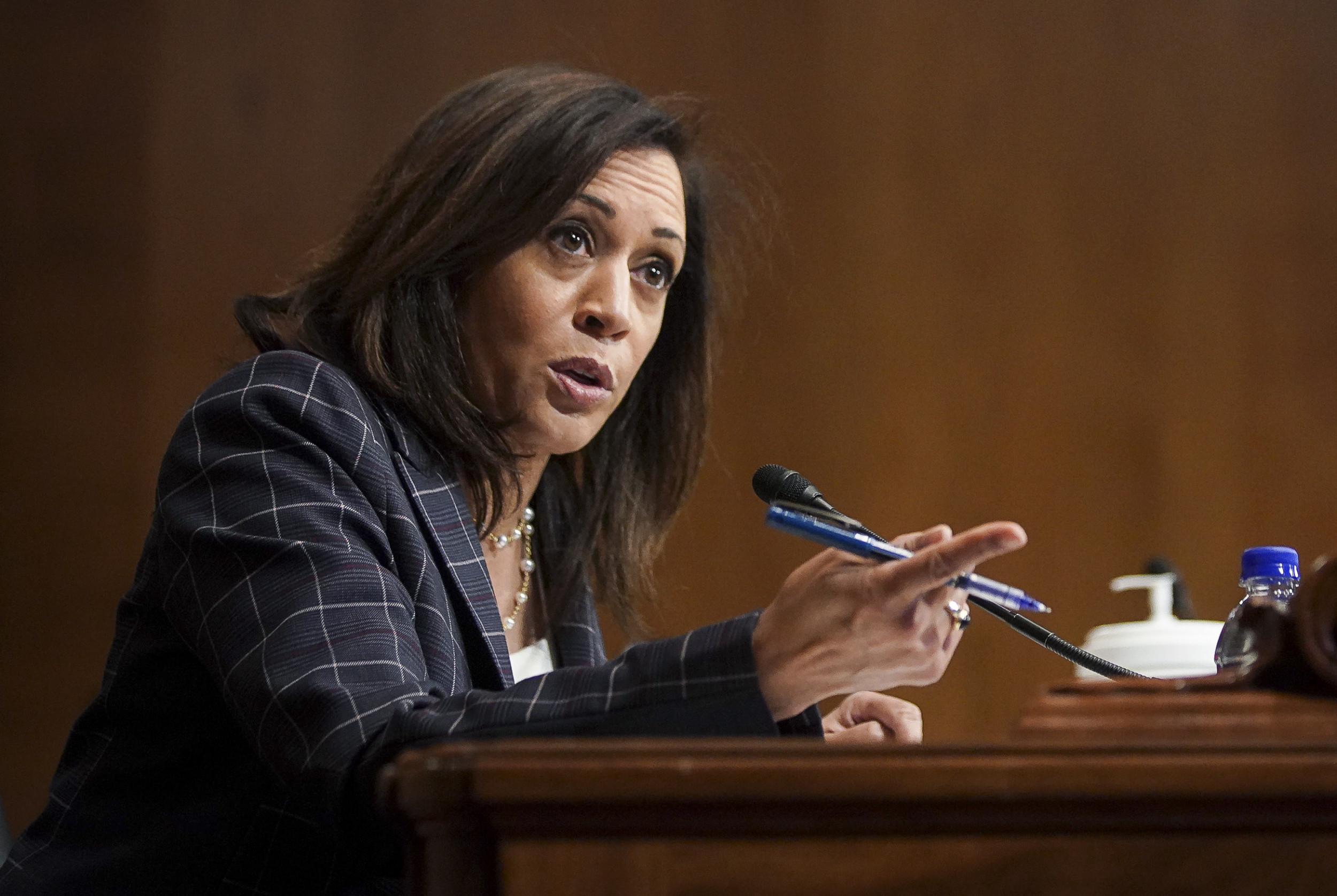Understanding Kamala Harris, the Great Multiracial (Black) HopePosted in Articles, Asian Diaspora, Media Archive, Politics/Public Policy, Social Science, United States, Women on 2020-11-03 22:13Z by Steven |
Understanding Kamala Harris, the Great Multiracial (Black) Hope
Bitch Media
2020-11-02
Dr. Shantel Gabrieal Buggs, Assistant Professor
Department of Sociology, Program for African American Studies
Florida State University
 Democratic U.S. vice presidential nominee Senator Kamala Harris poses for a selfie during a Thurgood Marshall College Fund event at the JW Marriott February 07, 2019 in Washington, D.C. (Photo credit: Chip Somodevilla/Getty Images) |
Though the last few months of political theater have certainly been terrifying, they’ve also provided ample material for those interested in engaging with the construction and perception of multiraciality in the United States. The race discourse surrounding Senator Kamala Harris arose in August when Democratic candidate Joe Biden selected her as his running mate, and it has quickly morphed from a mainstream conversation about the possibility of a Black woman president to a resurgence of the hope and change narrative that characterized President Barack Obama’s 2008 presidential campaign. Multiraciality is a central component of Harris’s candidacy in ways that it wasn’t for Obama: After all, being a multiracial child of immigrants bolsters a narrative of “futurity.” But others have observed that perhaps the only way a nonwhite person could make it onto a major party ticket is to be multiracial and therefore considered racially palatable…
Read the entire article here.

